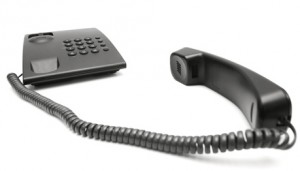
On August 7, 2014, the Arkansas Supreme Court issued a per curiam opinion (2014 Ark. 340) making changes to Arkansas Rules of Civil Procedure 9, 49, and 52.
The changes implement procedural requirements for asserting a claim of nonparty fault. They went into effect January 1, 2015.
These changes stemmed from work of the Special Task Force on Practice and Procedure in Civil Cases. (You can read about the Special Task Force work and their interim report in the per curiam opinion In Re Special Task Force on Practice and Procedure in Civil Cases, 2014 Ark. 5, at this pdf link.)
Rule 9 Nonparty Fault Provisions
Rule 9 now has a part (h) which contains the procedural requirements for a party wanting to have an allocation of fault made to a nonparty.
Rule 9(h) requires notice of the nonparty fault assertion be given in an initial responsive pleading if the basis for the nonparty fault is known then, or in an amended or supplemental pleading (subject to the conditions of Rule 15) after the party discovers the information.
Continue reading Jan. 2015 Nonparty Fault Civil Procedure Rule Changes


 Effective July 1, 2014, a number of changes were made to Arkansas civil procedure rules.
Effective July 1, 2014, a number of changes were made to Arkansas civil procedure rules.




